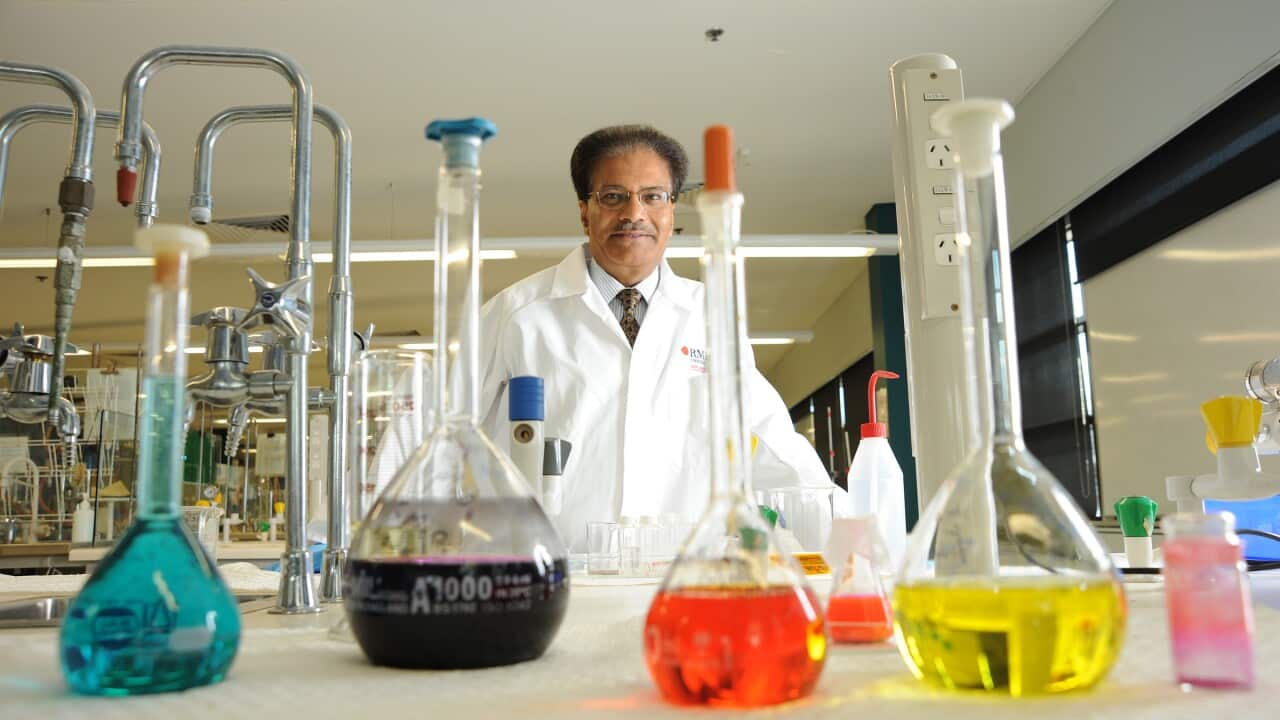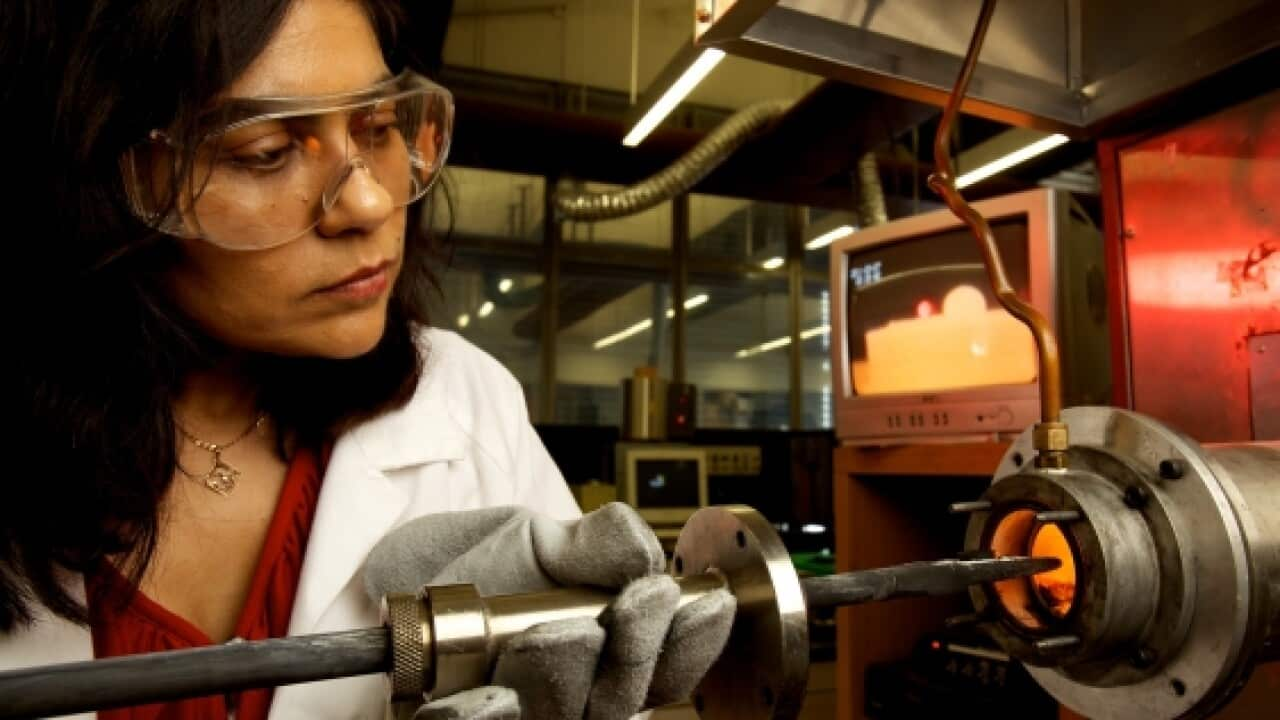Two Indian researchers have collaborated and developed a cost-effective and eco-friendly way of producing graphene using one of Australia’s most abundant resources, eucalyptus trees.
RMIT’s lead researcher, Distinguished Professor Suresh Bhargava with National Institute of Technology, Warangal (India)’s Professor Vishnu Shanker have developed a new approach to produce Graphene using eucalyptus bark extract.
Graphene is the thinnest and strongest material known to humans. It’s also flexible, transparent and conducts heat and electricity 10 times better than copper, making it ideal for anything from flexible nano-electronics to better fuel cells.
The new approach of using eucalyptus bark extract is cheaper and more sustainable than current synthesis methods, the researchers say.
Distinguished Professor Bhargava says the new method could reduce the cost of production from $USD100 per gram to a staggering $USD0.5 per gram.
“Eucalyptus bark extract has never been used to synthesise graphene sheets before and we are thrilled to find that it not only works, it’s, in fact, a superior method, both in terms of safety and overall cost,” Prof Bhargava told SBS Hindi.
“Our approach could bring down the cost of making graphene from around $USD100 per gram to just 50 cents, increasing its availability to industries globally and enabling the development of an array of vital new technologies.”
What is Graphene used for?
Graphene’s distinctive features make it a transformative material that could be used in the development of flexible electronics, more powerful computer chips and better solar panels, water filters and bio-sensors.
A novel approach to graphene synthesis
Chemical reduction is the most common method for synthesising graphene oxide as it allows for the production of graphene at a low cost in bulk quantities.
This method, however, relies on reducing agents that are dangerous to both people and the environment.
When tested in the application of a supercapacitor, the ‘green’ graphene produced using this method matched the quality and performance characteristics of traditionally-produced graphene without the toxic reagents.
Professor Vishnu Shanker from the National Institute of Technology, Warangal, said the ‘green’ chemistry avoided the use of toxic reagents, potentially opening the door to the application of graphene not only for electronic devices but also biocompatible materials.
“Working collaboratively with RMIT’s Centre for Advanced Materials and Industrial Chemistry we’re harnessing the power of collective intelligence to make these discoveries,” he said.
Bhargava said the abundance of eucalyptus trees in Australia made it a cheap and accessible resource for producing graphene locally.
“Graphene is a remarkable material with great potential in many applications due to its chemical and physical properties and there’s a growing demand for economical and environmentally friendly large-scale production,” he said.
The paper, “Novel and Highly Efficient Strategy for the Green Synthesis of Soluble Graphene by Aqueous Polyphenol Extracts of Eucalyptus Bark and Its Applications in High-Performance Supercapacitors” is published in the ACS journal Sustainable Chemistry and Engineering.
Tune into SBS Hindi at 5 pm every day and follow us on Facebook and Twitter







